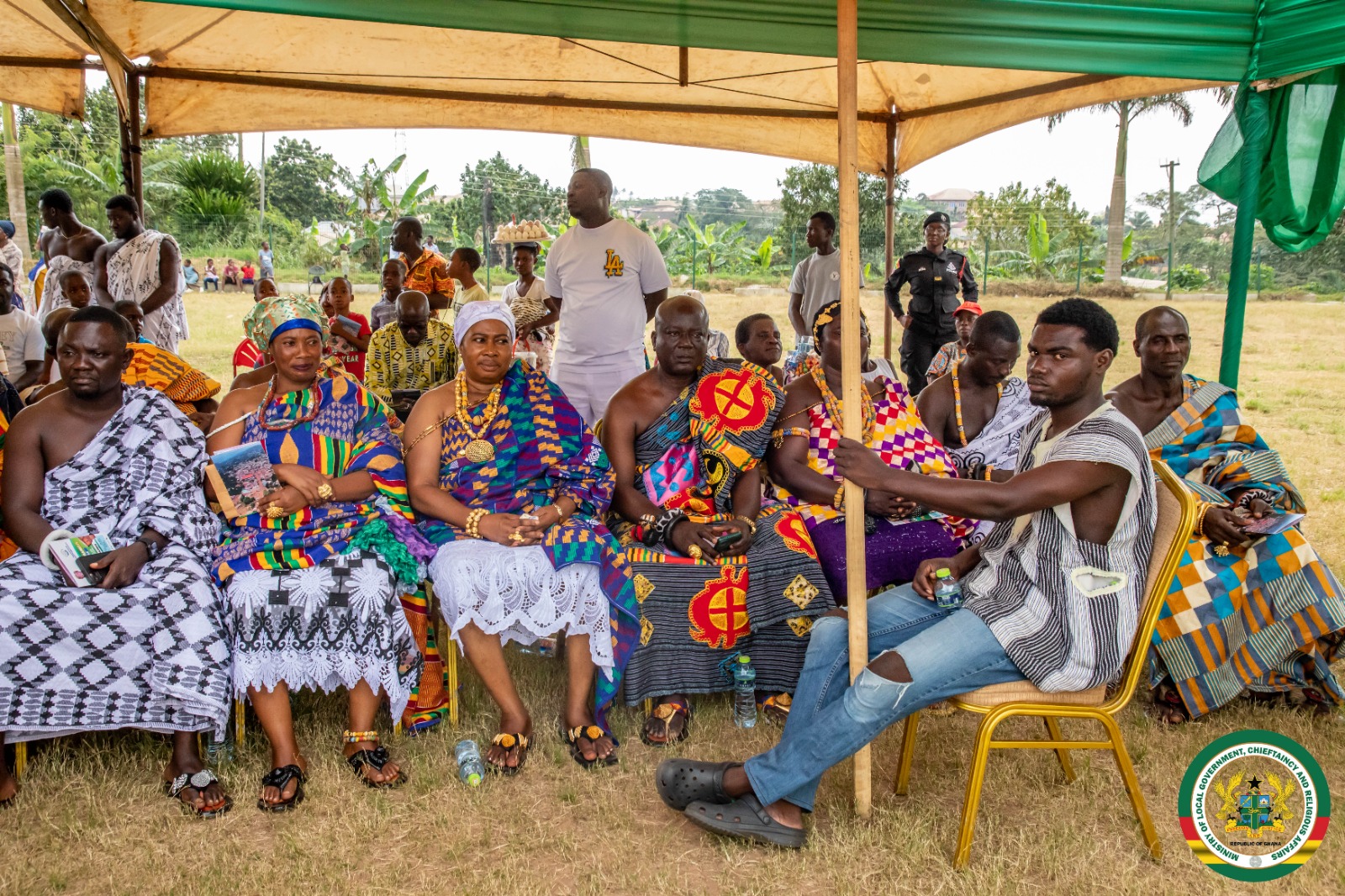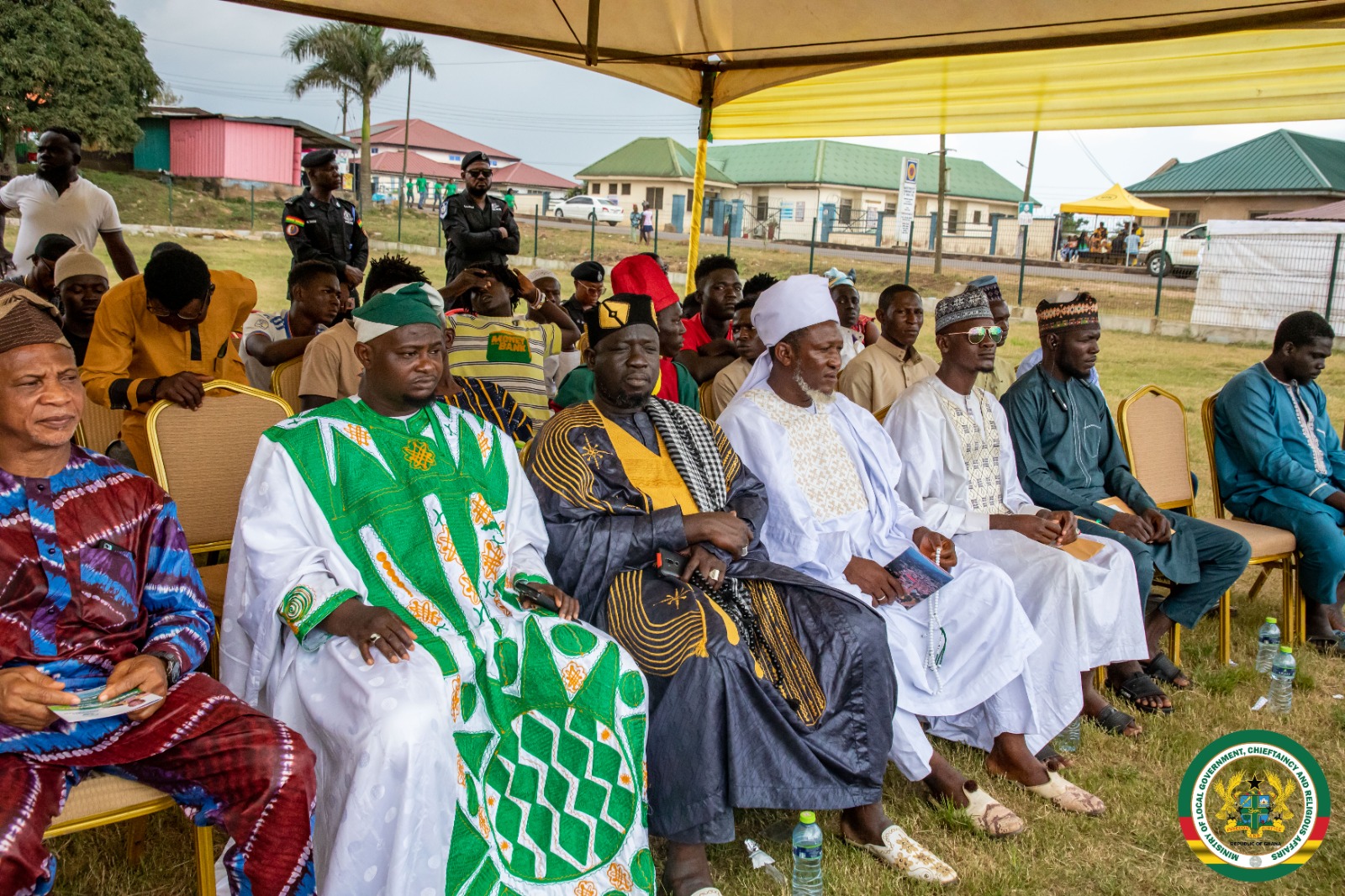The Ministry of Local Government, Chieftaincy and Religious Affairs (MLGCRA) on Monday, 20th October 2025, held a high-level meeting to prepare a detailed document for submission to the Presidency.
This follows a directive from the Office of the President calling on Ministries, Departments and Agencies (MDAs) to assess the impact and progress of ongoing bilateral and multilateral projects under their supervision. The assessment also seeks to identify challenges, determine areas that may require review, and explore potential collaborations to enhance project delivery.
The Ministry’s report, which is expected to be data-driven, will provide a clear picture of the achievements and outcomes of various projects being implemented under the MLGCRA. The Ministry is scheduled to make its presentation to President John Dramani Mahama on Friday, 24th October 2025.
The Technical Team lead and the Director in charge of Policy Planning Monitoring and Evaluation (PPME), Mr. Usama Iddrisu Samu, noted that the Ministry has eight development partners and fourteen bilateral and multilateral projects and programmes with each having its own focus aimed at enhancing national security and promoting sustainable development.
The Minister for Local Government, Chieftaincy and Religious Affairs, Hon. Ahmed Ibrahim commended the Chief Director, Alhaji Amin Abdul- Rahaman, the technical team working on the document, as well as all Directors, Staff, and Project Coordinators for their swift response and commitment to the assignment.
He lauded their collective effort in putting together a comprehensive and detailed presentation aimed at helping the President gain a deeper understanding of the Ministry’s ongoing projects and how they are contributing to effective local governance and development at the grassroots level.
According to the Minister, all Directors and Project Coordinators should remain committed to ensuring that all projects under their purview align with the national development agenda and deliver tangible benefits to local communities across the country.
Source: Chantal Aidoo
Public Relations Unit, MLGCRA

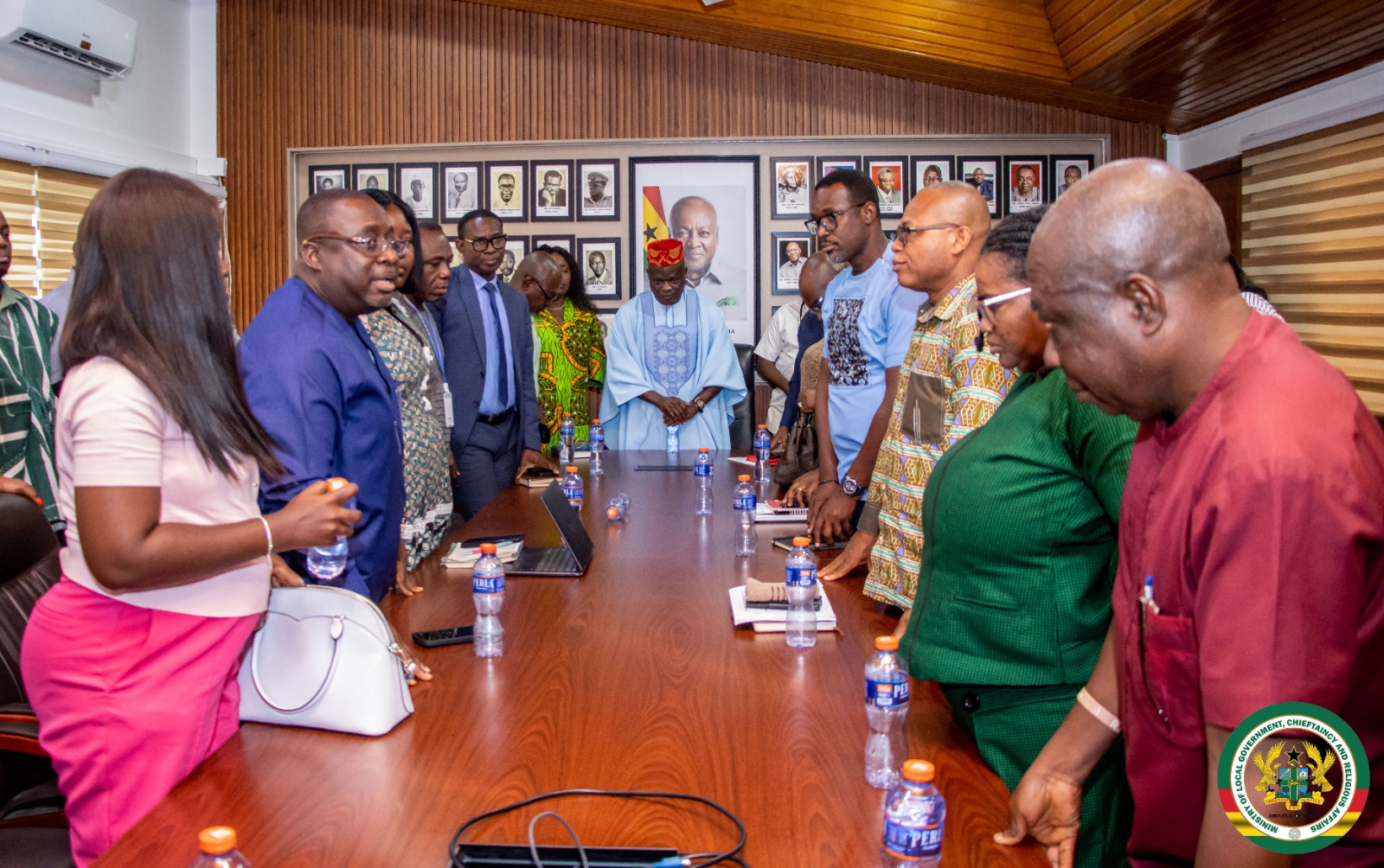
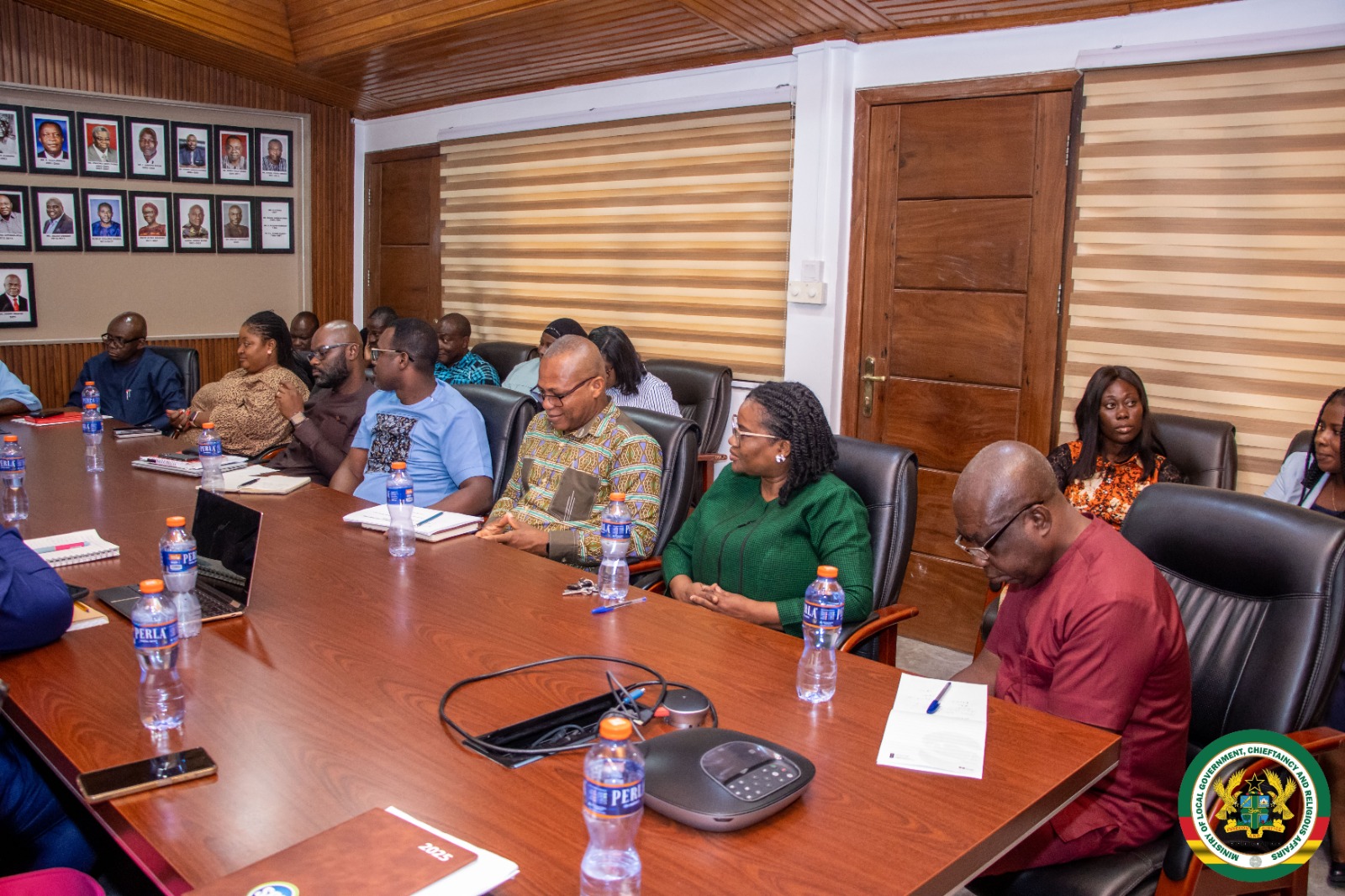
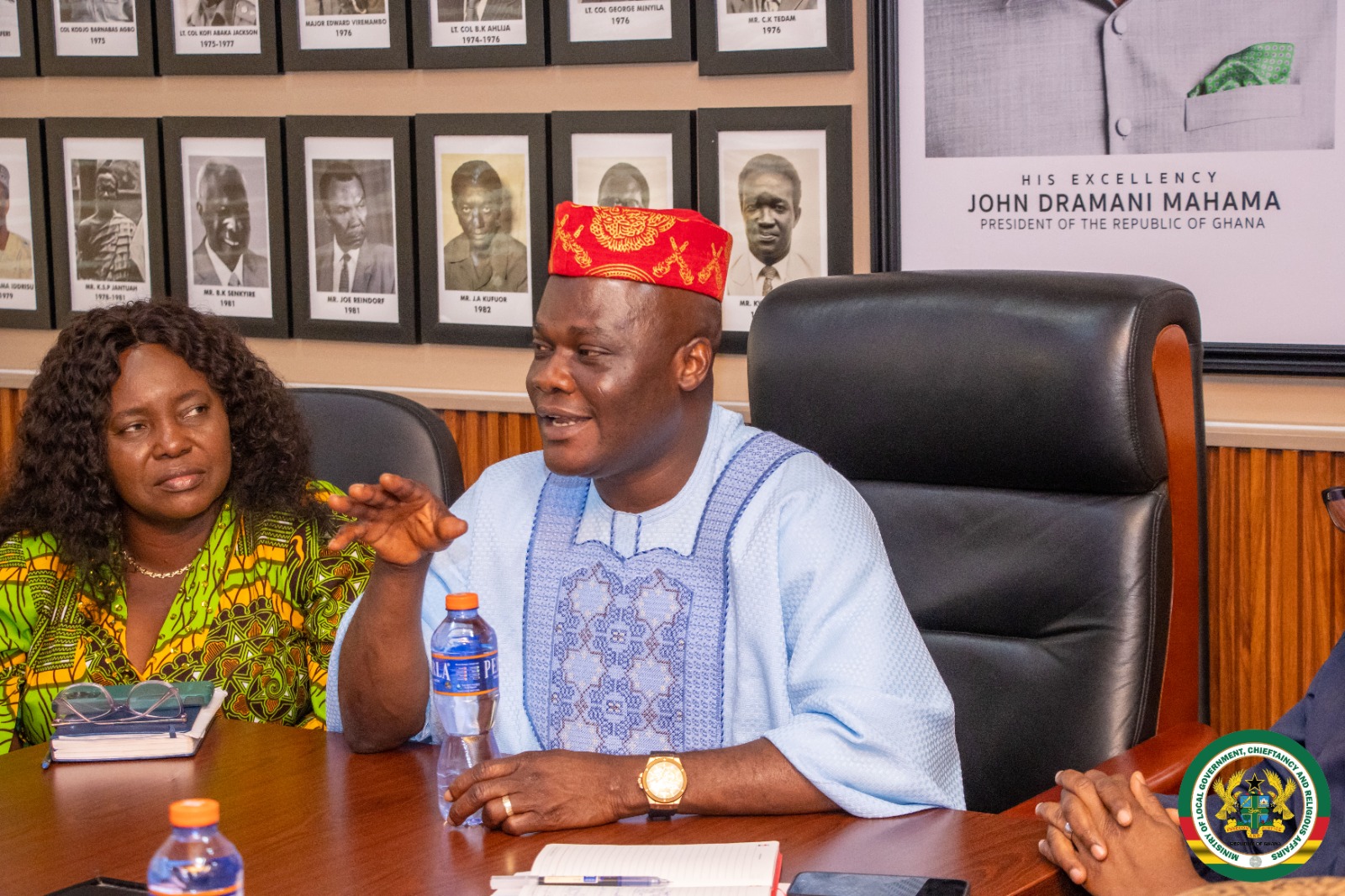

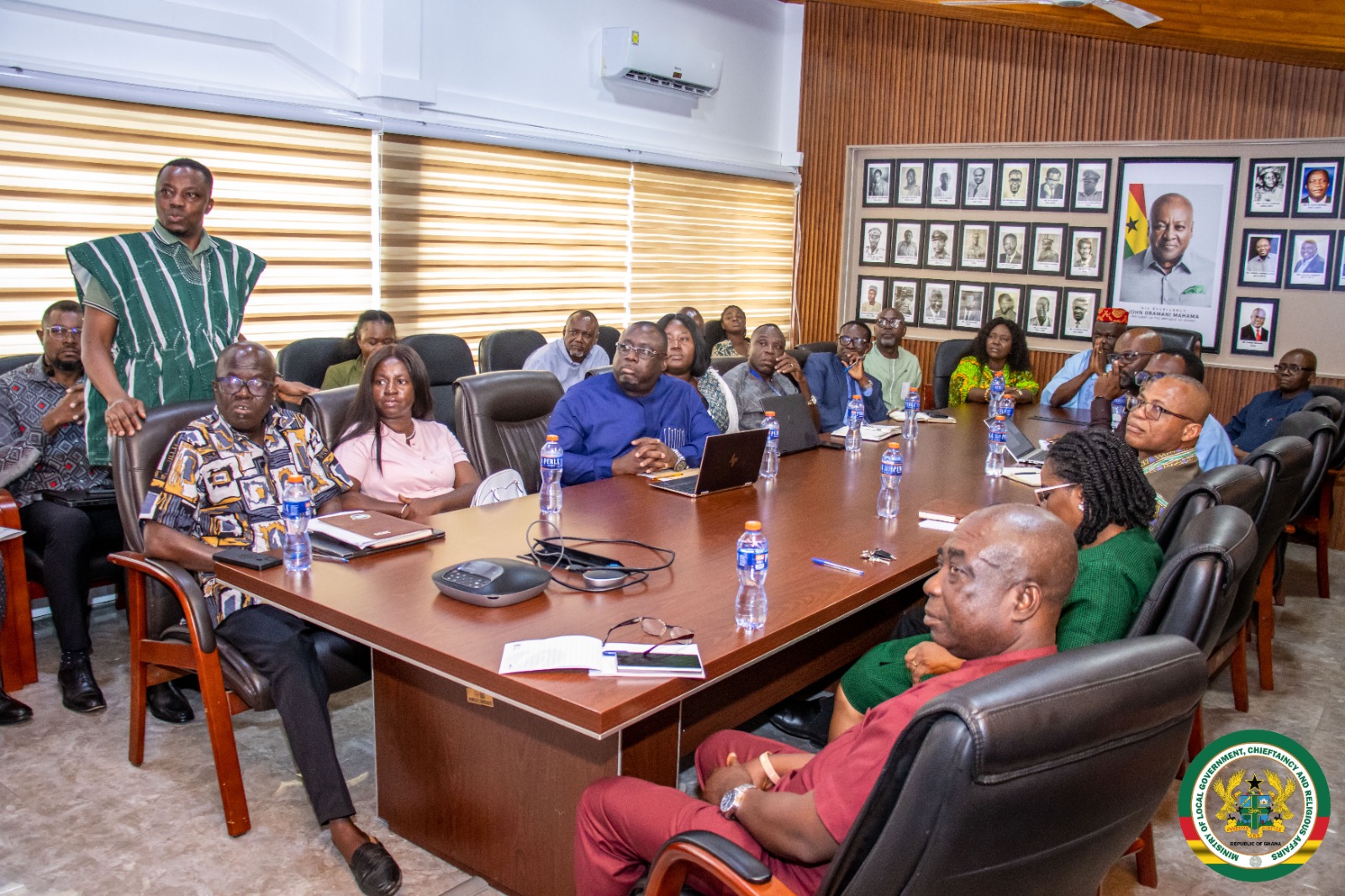
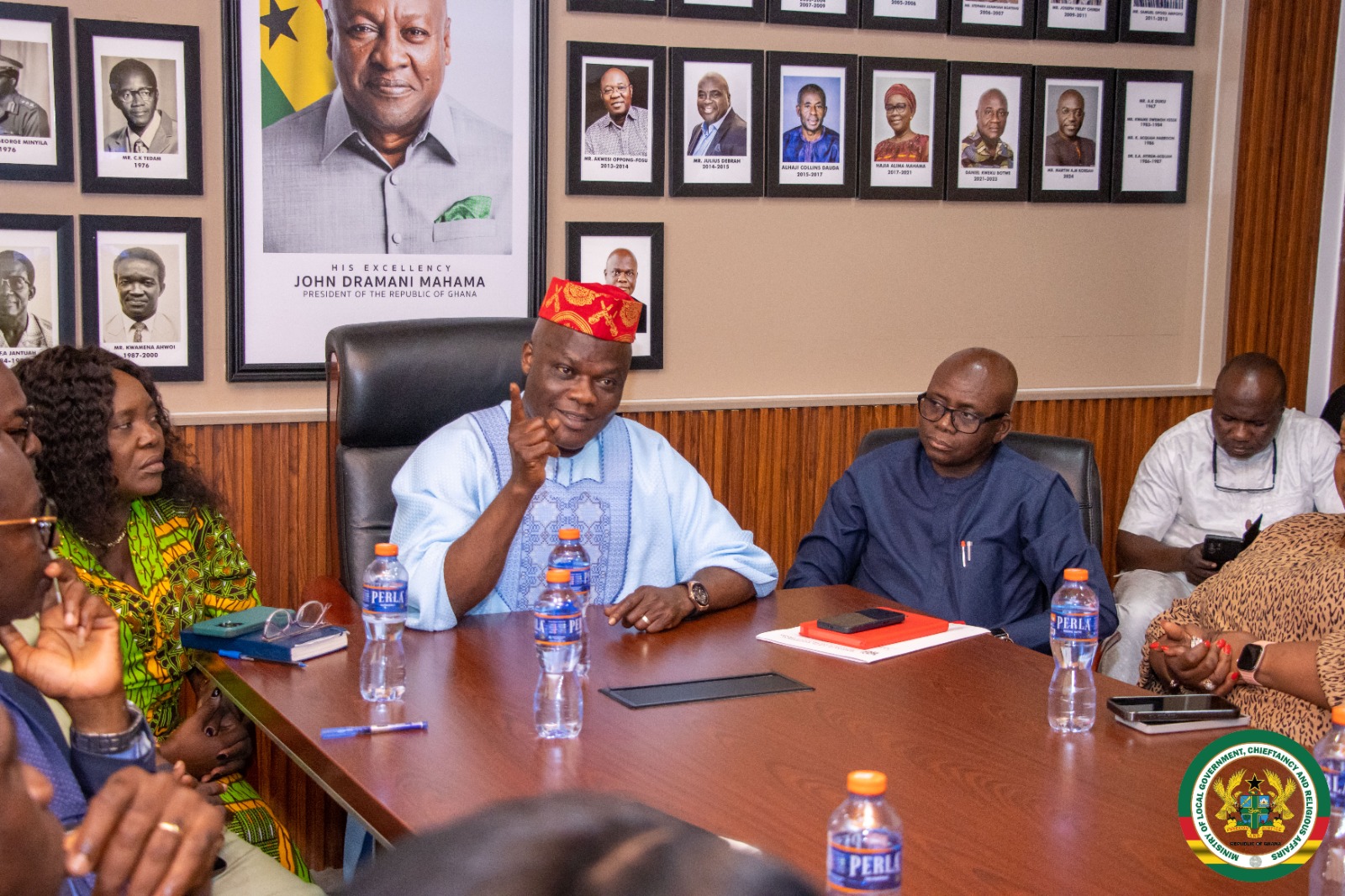
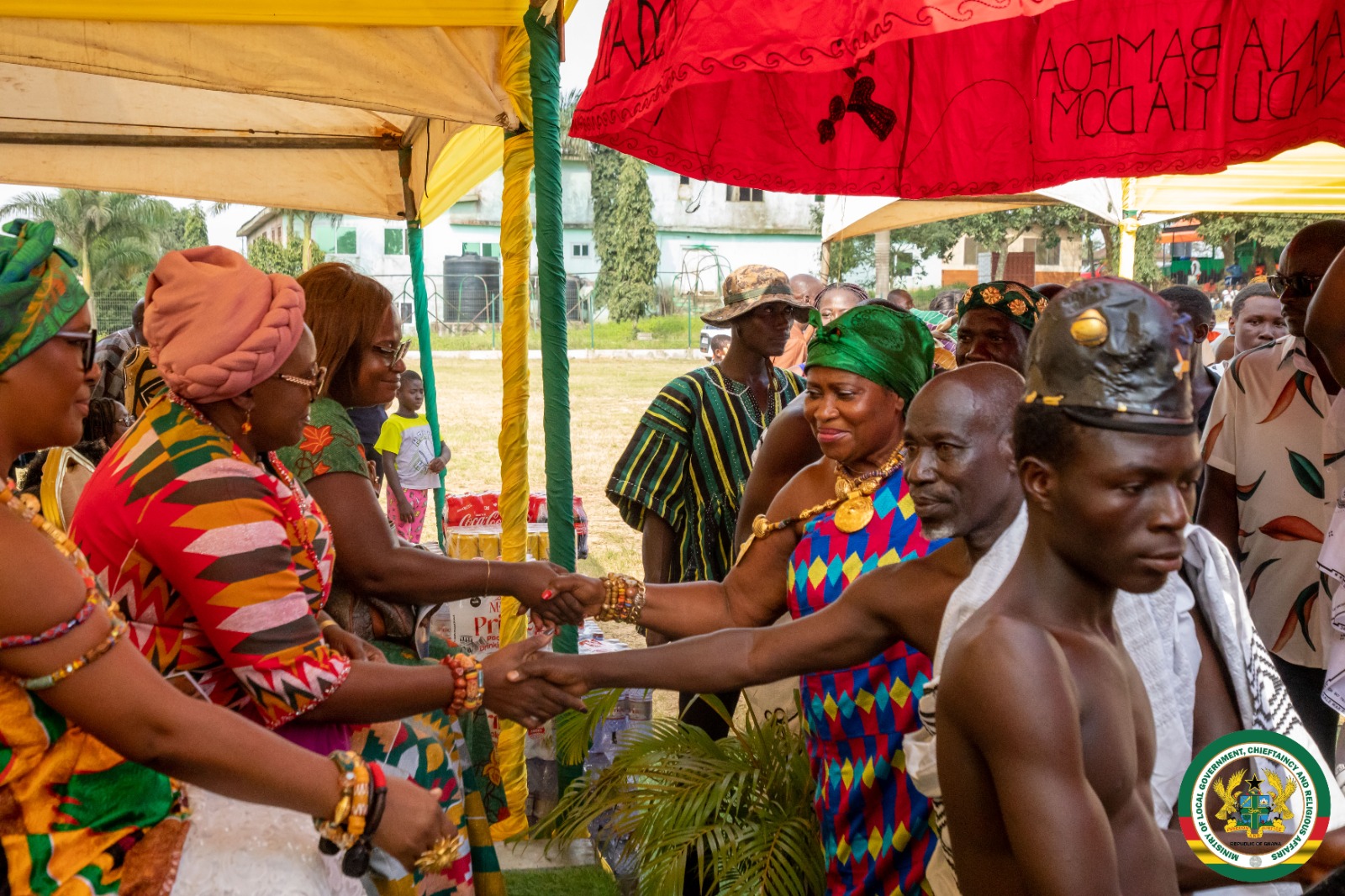
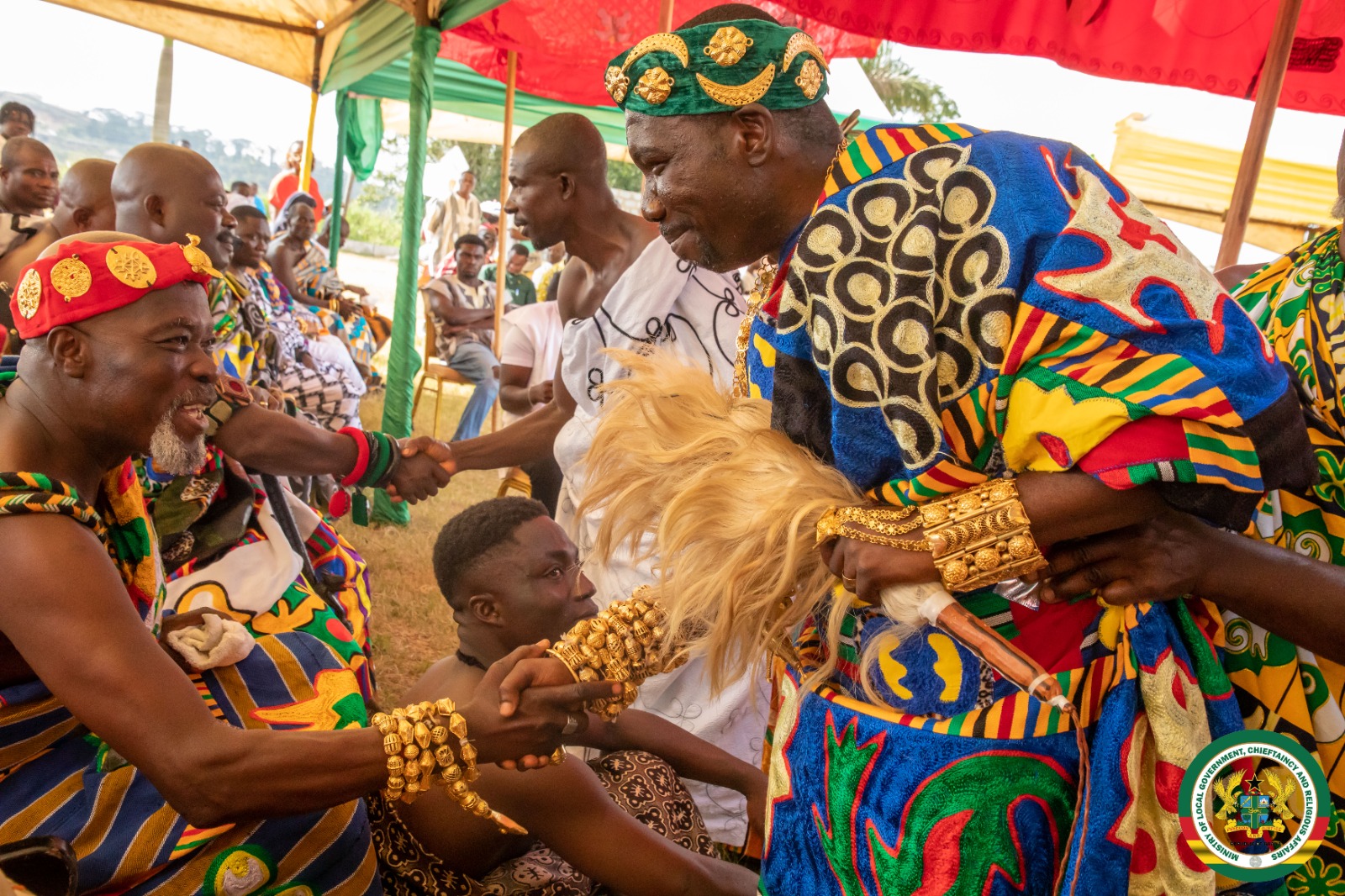
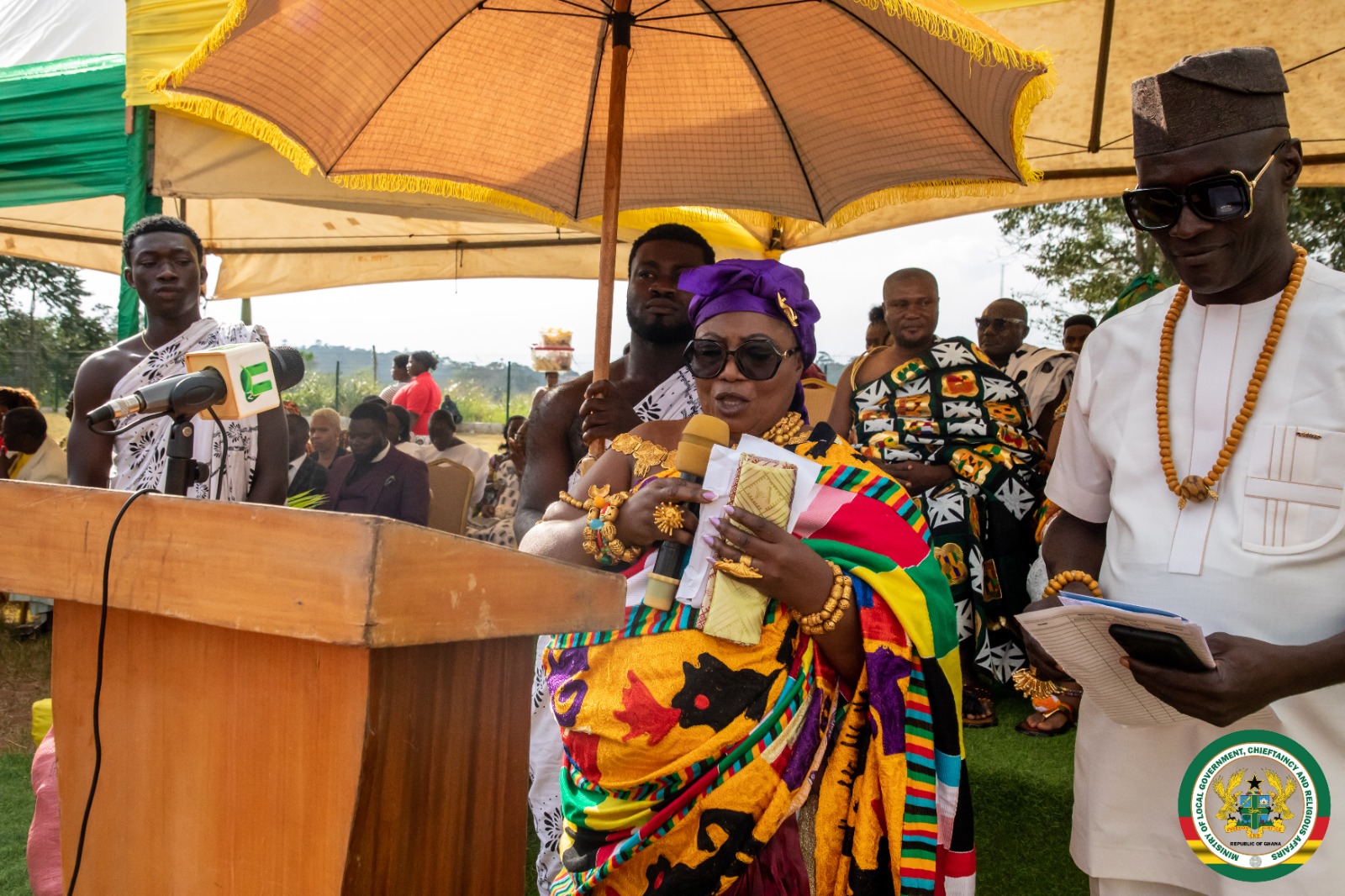
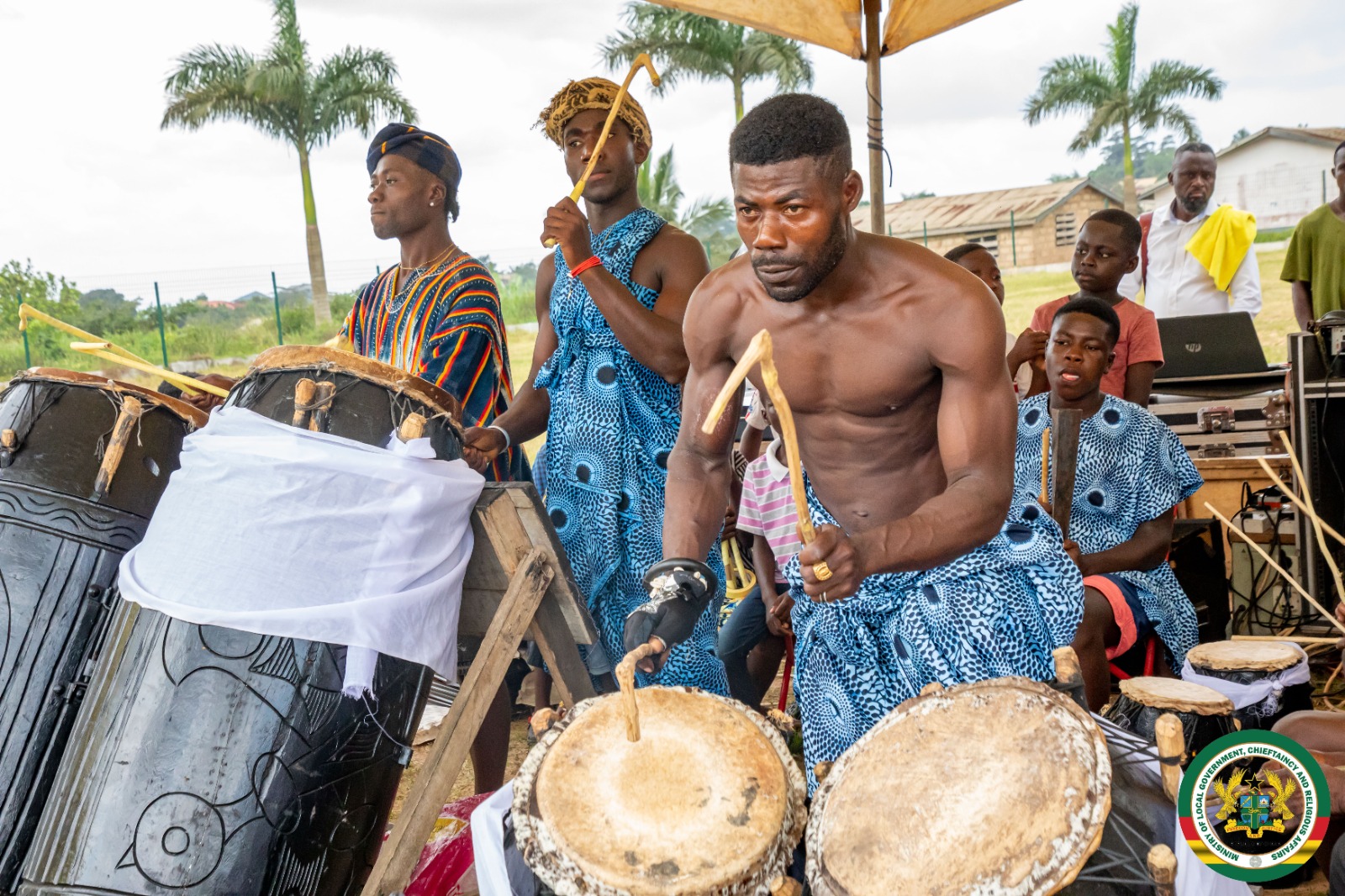
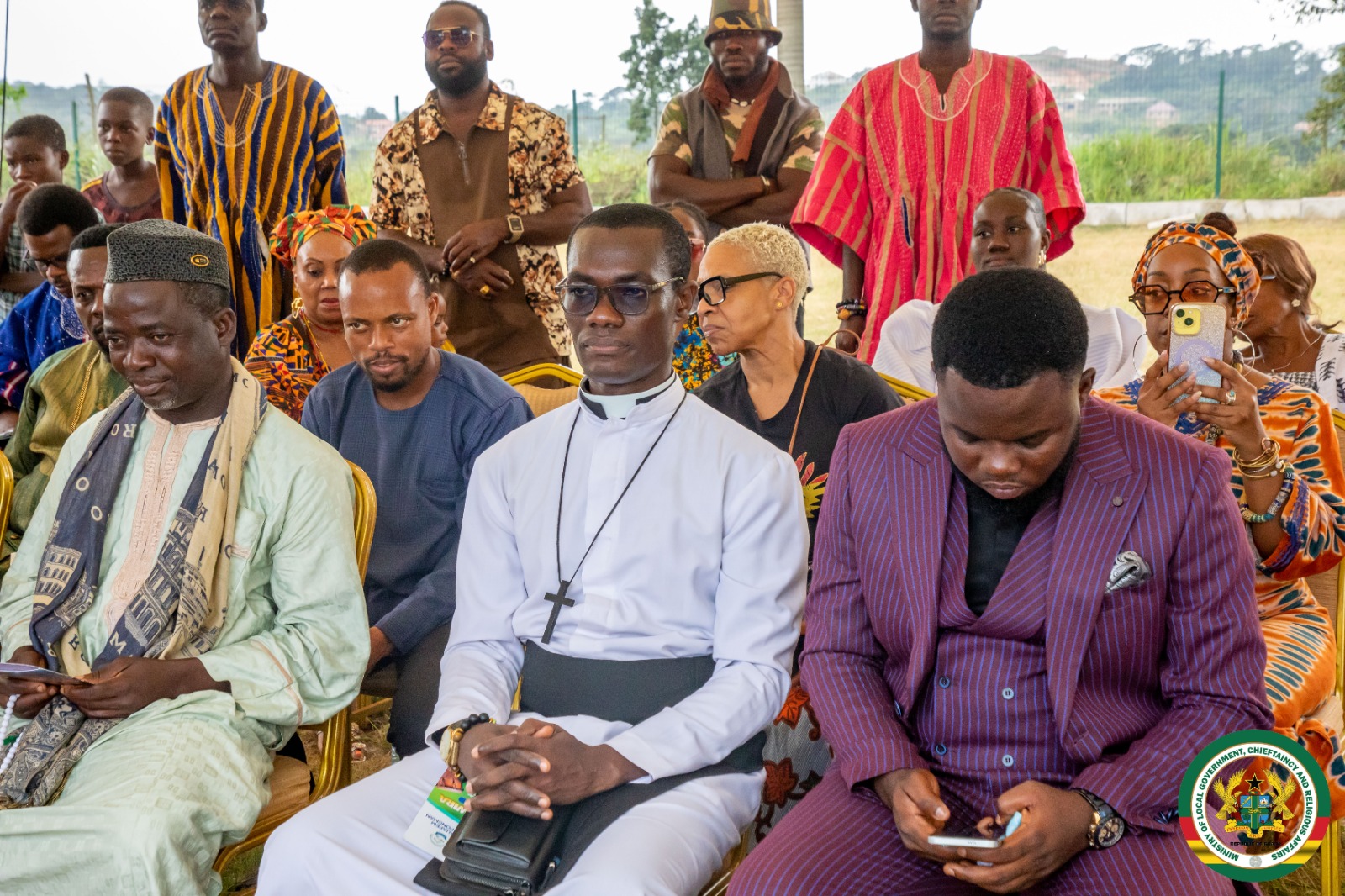
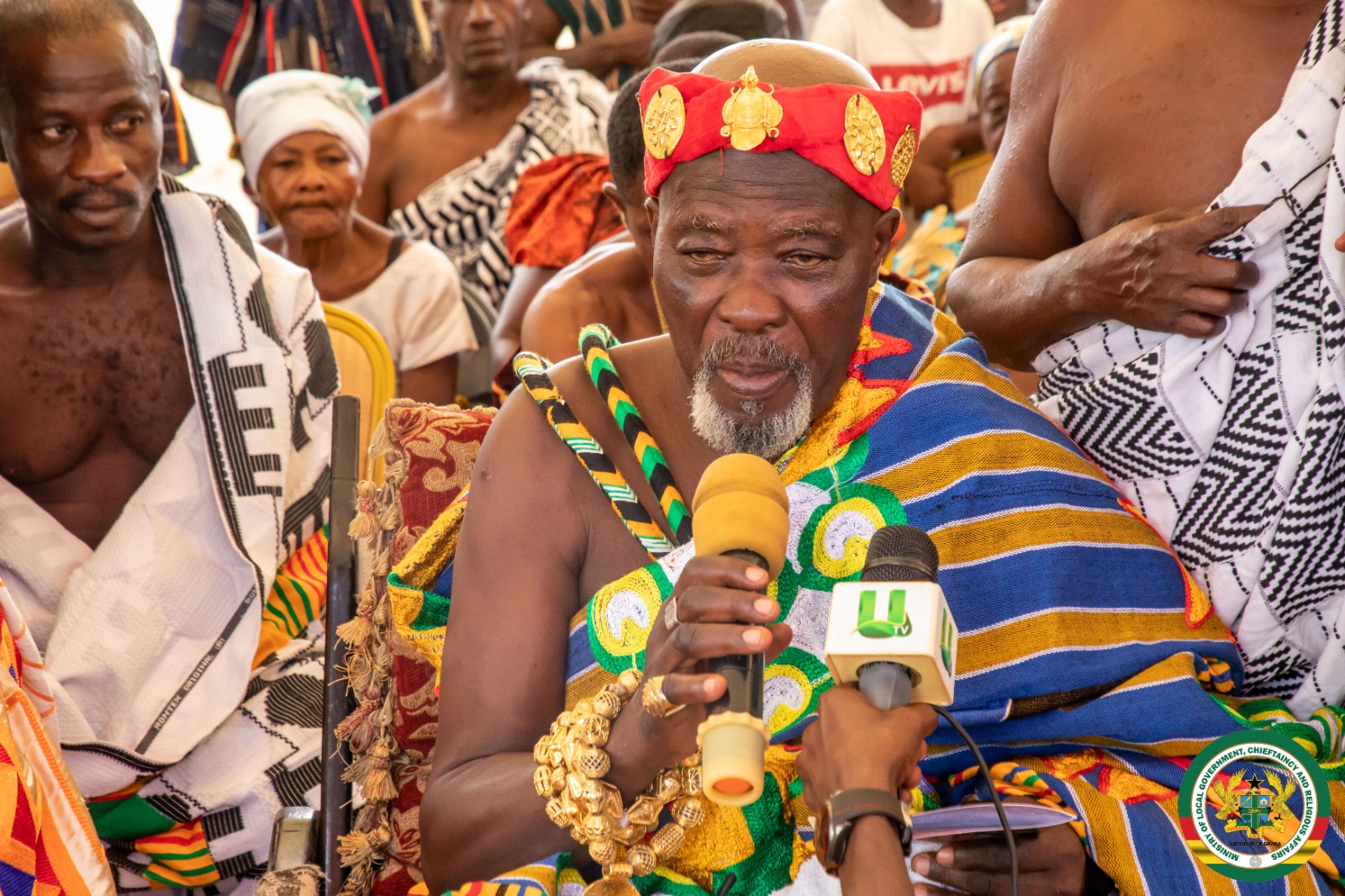
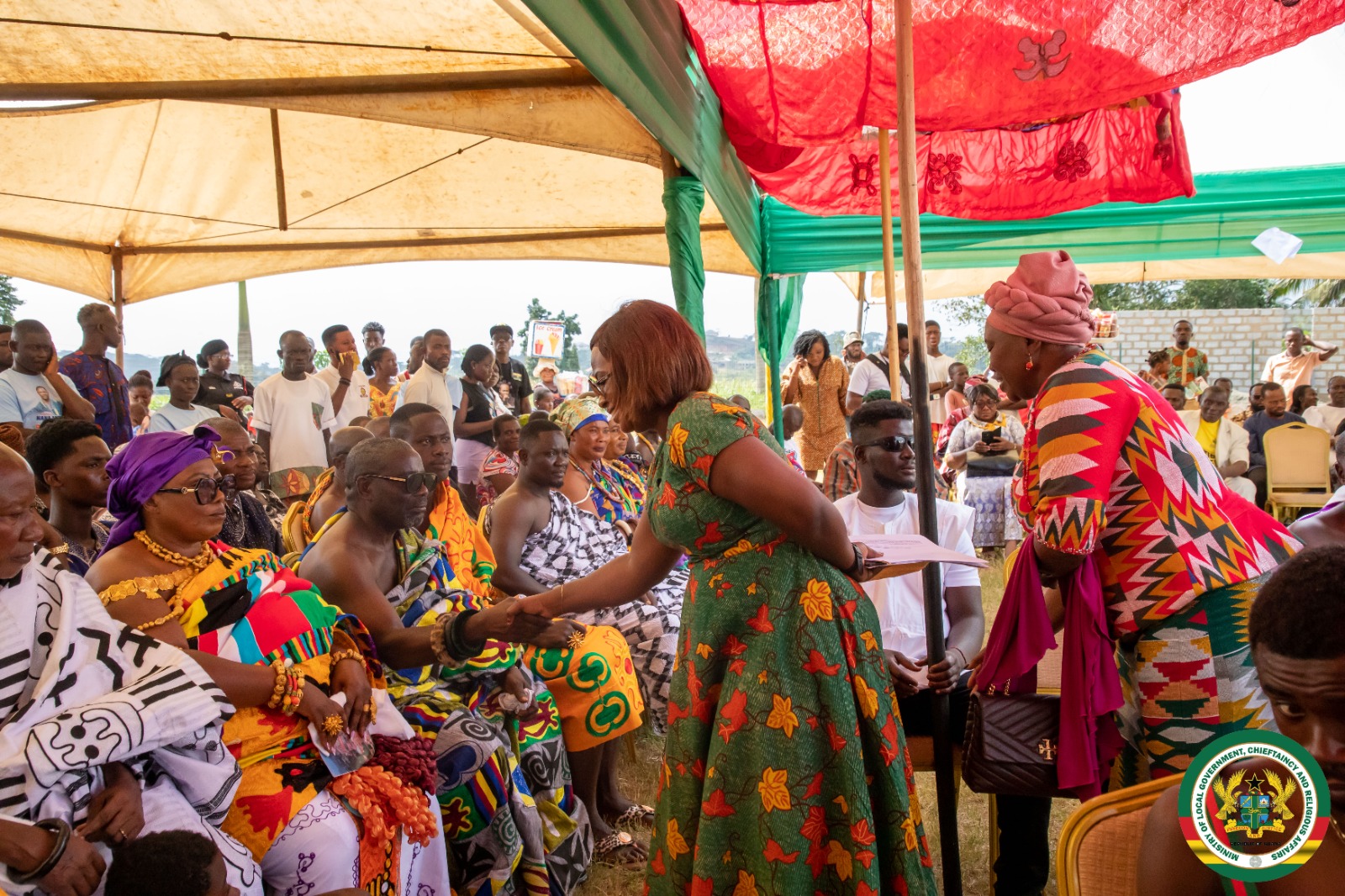
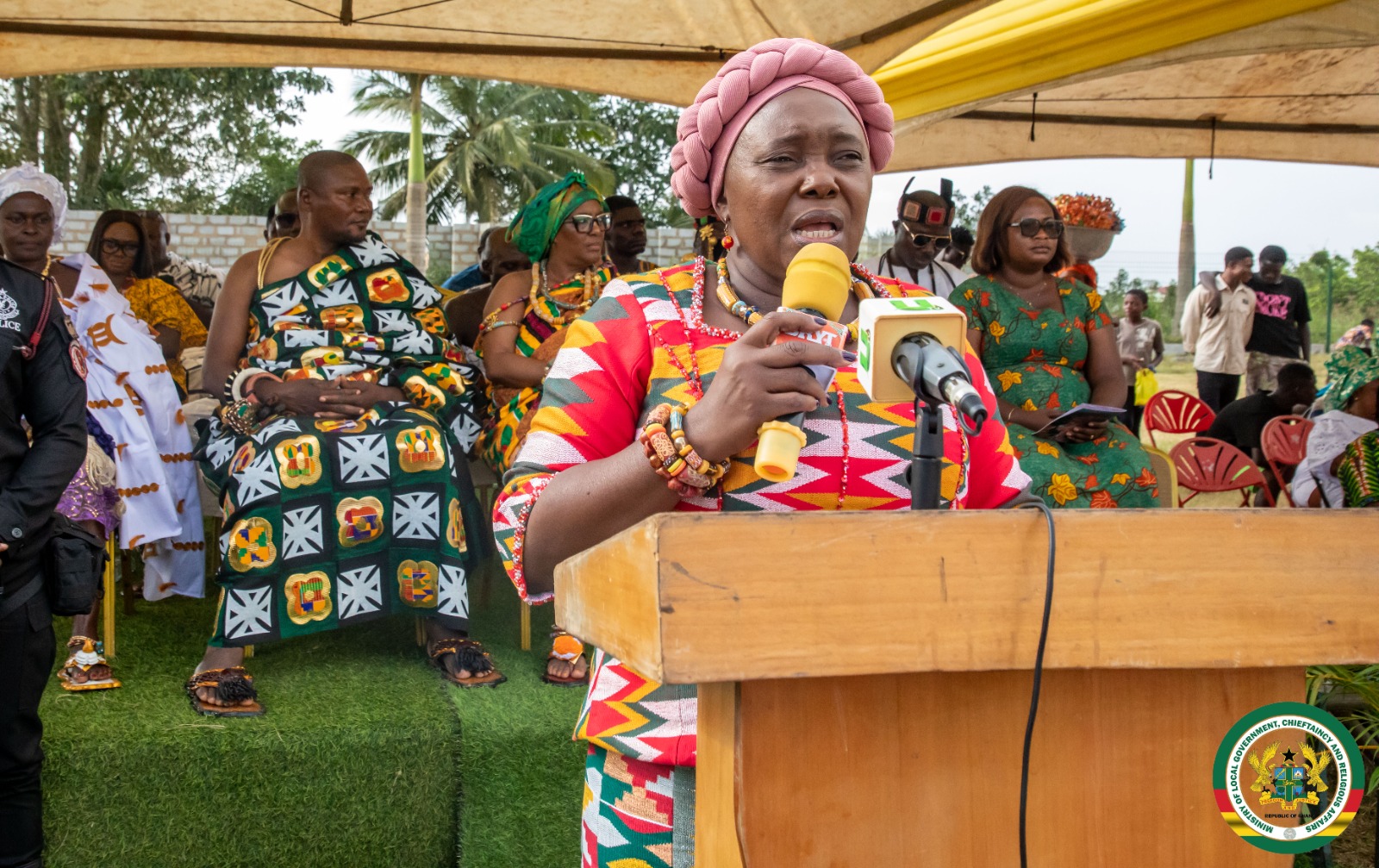
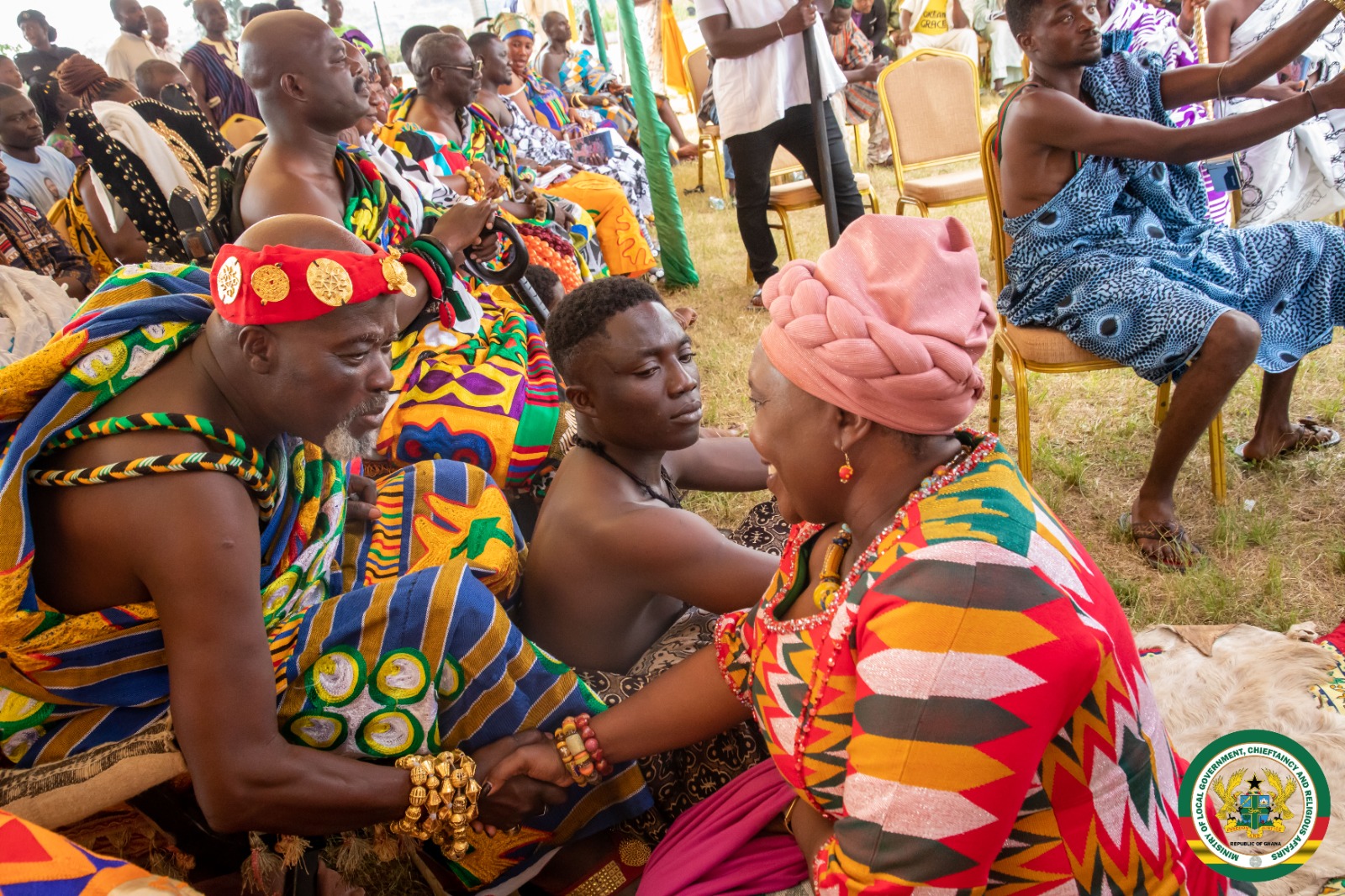
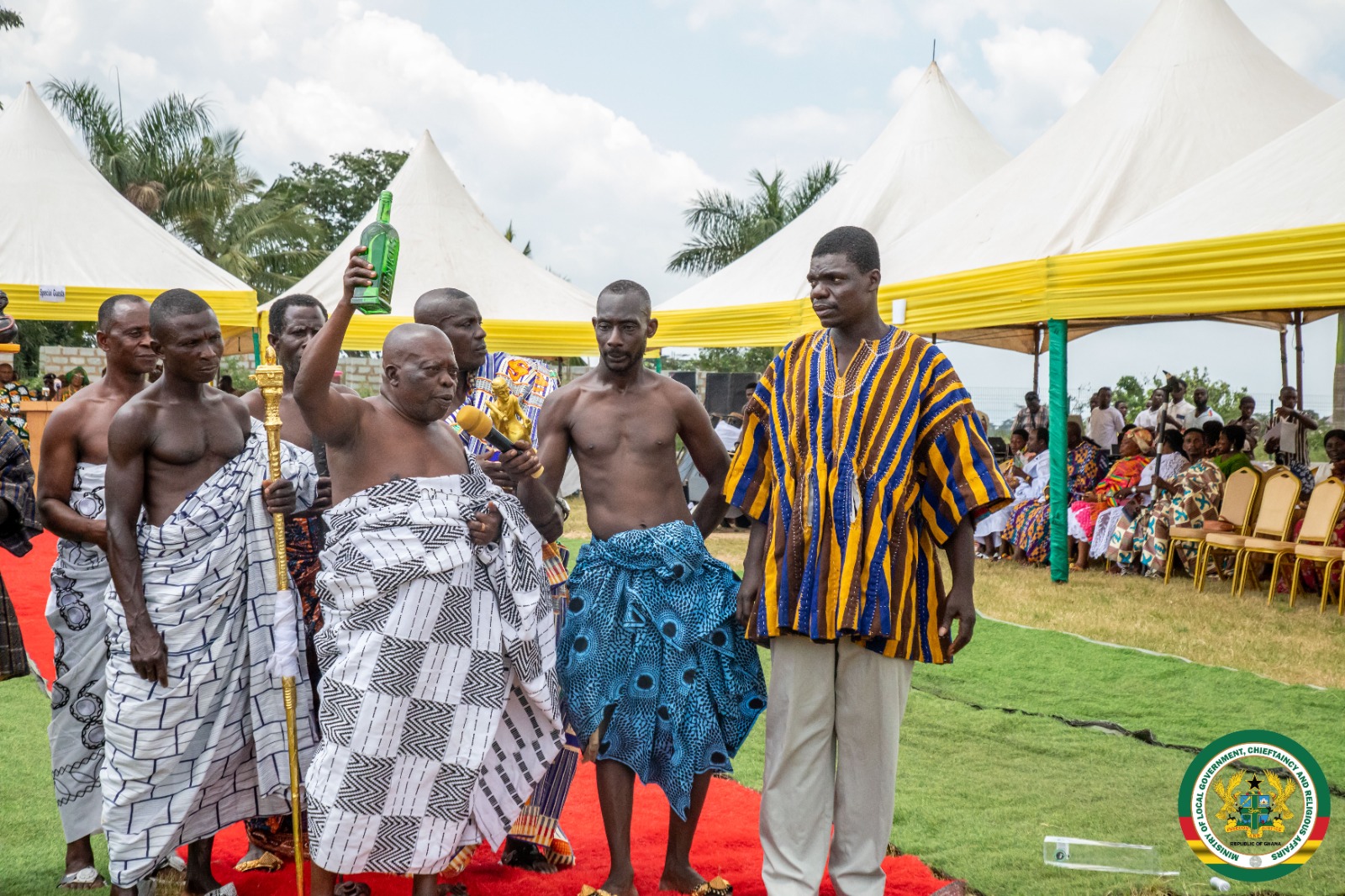
.jpeg)
